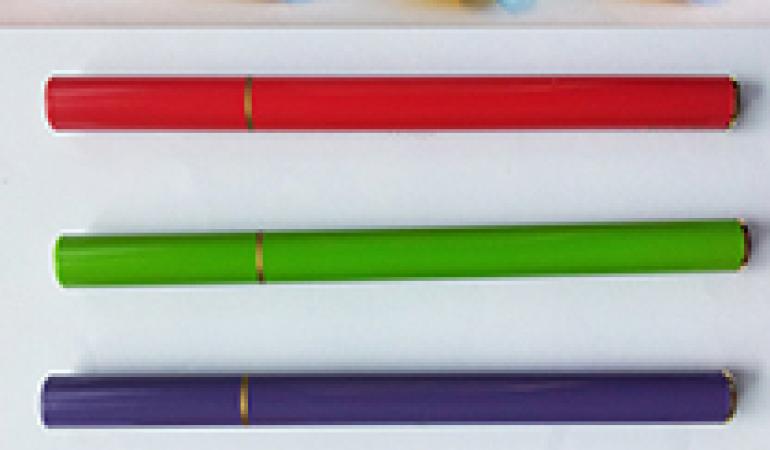
The World Health Organization (WHO) Tobacco Free Initiative (TFI) has just published a Report of the WHO Study Group on Tobacco Product Regulation (TobReg). RIVM was commissioned by WHO to write a background paper that served as the basis for discussions on novel tobacco products. The background paper provides an overview of novel marketed products and products with emerging use, including oral tobacco products, modified or alternative cigarettes, water pipes and notable alterations to traditional products.
Go directly to abstract background paper
The WHO Study Group on Tobacco Product Regulation (TobReg) provides the WHO with scientifically sound, evidence-based recommendations for Member States about tobacco product regulation. Their current report focuses on four main topics: novel tobacco products, smokeless tobacco, reduced ignition propensity cigarettes and a non-exhaustive priority list of toxic contents and emissions of tobacco products.
Recommendations
TobReg
recommends that novel tobacco products should be evaluated for
toxicity, association with disease risk, consumer awareness and
perception, pattern of use and the demographics of use.
Standardised evaluation of novel tobacco products is needed.
Regulators should approve them only if pre-market testing shows a
probably public health benefit. The concept of “harm reduction”
used by the industry and the impact and effectiveness of strategies
promoting the use of products that are allegedly less hazardous to
health should be evaluated and communicated effectively to the
general public in order to prevent misperceptions.
Public health policies
The main concern related to the use of novel tobacco products
includes unknown toxicity, changes in product use behaviour,
decreased cessation, increased initiation, sustained prevalence of
tobacco “dual use” and public misunderstanding about the actual
risk associated with allegedly less hazardous products.